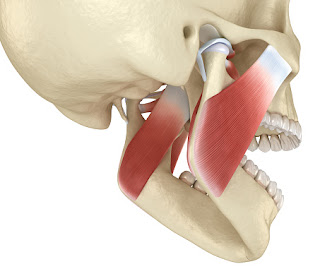What Is Meniere's Disease
Meniere's disease can occur at any age, but it usually starts between young and adulthood. It's considered a chronic condition, but various treatments can help relieve symptoms and minimize the long-term impact on your life. Meniere's disease is a disorder of the inner ear that can lead to vertigo and hearing loss. Meniere's disease affects only one ear in most cases.
Symptoms
The symptoms of Meniere’s disease are caused by the buildup of fluid in the compartments of the inner ear, called the labyrinth. The labyrinth contains the organs of balance and of hearing . It has two sections: the bony labyrinth and the membranous labyrinth. The membranous labyrinth is filled with a fluid called endolymph that, in the balance organs, stimulates receptors as the body moves. The receptors then send signals to the brain about the body’s position and movement. In the cochlea, fluid is compressed in response to sound vibrations, which stimulates sensory cells that send signals to the brain.
In Meniere’s disease, the endolymph buildup in the labyrinth interferes with the normal balance and hearing signals between the inner ear and the brain. This abnormality causes vertigo and other symptoms of Ménière’s disease.
Diagnosis
Meniere’s disease is most often diagnosed and treated by an otolaryngologist (commonly called an ear, nose, and throat doctor, or ENT). However, there is no definitive test or single symptom that a doctor can use to make the diagnosis. Diagnosis is based upon your medical history and the presence of:
Two or more episodes of vertigo lasting at least 20 minutes each
Tinnitus
Temporary hearing loss
A feeling of fullness in the ear
Some doctors will perform a hearing test to establish the extent of hearing loss caused by Ménière’s disease. To rule out other diseases, a doctor also might request magnetic resonance imaging (MRI) or computed tomography (CT) scans of the brain.
Treatment
Meniere’s disease is a chronic condition with no cure. However, there are a range of treatments that can help with your symptoms, from medication to surgery for the most severe cases.
Medication
Your doctor may prescribe medication to help with the symptoms of Meniere’s disease. Medicines for motion sickness can ease symptoms of vertigo, nausea, and vomiting. If nausea and vomiting becomes an issue, your doctor may prescribe an antiemetic, or anti-nausea medication.
Physical therapy
Vestibular rehabilitation exercises can improve symptoms of vertigo. These exercises help to train your brain to account for the difference in balance between your two ears. A physical therapist can teach you these exercises.
Surgery
Most people with Meniere’s disease don’t require surgery, but it’s an option for those who have severe attacks and haven’t had success with other treatments.
Lifestyle changes, aside from dietary ones, that may help improve your symptoms include, resting during vertigo attacks, eating regularly, to help regulate fluids in your body and managing stress and anxiety through psychotherapy or medication. It’s also important to quit smoking and to avoid any allergens. Both nicotine and allergies can make the symptoms of Meniere’s disease worse.




Comments
Post a Comment